9 Tips for Staying Awake (The Right Way)
How to Dodge the ZZZ’s
March 27, 2022
Everyone needs sleep– and though sleep is essential for life, teenagers (especially K-teens) are infamous for not getting enough rest. Many Korean students sleep late because of their overwhelming workloads. Some study so much that they end up sleeping at 1-2 in the morning, when they need to be up by 6. According to the OECD (Organization for Economic Co-operation and Development), Korean teenagers get 7 hours of sleep on average, an hour shy of the recommended 8. DIS students are no exception–on top of their regular schoolwork, hagwons take up a lot of time after 2:30. I once met a student that regularly sleeps at 4 am! Though late sleepers can get by with caffeine, that isn’t necessarily the most healthy way to function on a daily basis (and that’s an understatement). Here are some tips for staying awake without relying on caffeine.
1. Stretch Out
First, do some light stretches. It’ll help make you feel more alert, makes your body feel lighter and helps your blood circulate. I sometimes stand up and reach towards the ceiling when I’m tired–it really helps me feel sharper.
2. Drink Water
A standard tip for staying awake is to hydrate. Though it’s true that most people are already aware of this recommendation, that just means that it’s tried and true. Drinking too much water might lead you to some extra trips to the bathroom, but hey, moving your body around is another way to stay awake.
3. Wash Your Face
More common advice, but this tip is widespread for the same reason as the last one: it’s effective. Students often wake themselves up by splashing water on their faces before big tests, or when they’re feeling drowsy. Consider taking this hygienic ritual beyond your morning routine–when you’re at home and are feeling tired, it’ll wake you right up.
4. Get Some Fresh Air
When you keep your windows closed, carbon dioxide builds up in the room. As CO2 levels rise, you get less oxygen with each breath, making you feel drowsy. Letting in fresh air will revitalize your mind. DIS has been ventilating classrooms more because of the pandemic, which had the dual effect of making me more attentive in classes.
5. Chew Gum
This tip is especially loved by people on the road, who often chew gum to prevent distracted driving. Gum forces your mouth to keep chewing, which stimulates your brain and helps it wake up. If regular gum doesn’t work, try a flavor that has menthol in it. Menthol gum stimulates the cold receptors in your tongue: and trust me, it’s difficult to sleep through that cold-burning sensation. Have you ever tried drinking frigid water after chewing minty gum? It’ll get your blood pumping.
6. Go Outdoors
Stay active, and go for a walk. Walking is relaxing, and you can let your brain go on autopilot while getting some light exercise. The workout will also help your body secrete hormones that help with staying awake. Still, you should be careful to not go too hard, as intense exercise will have the opposite effect. If you live in Esiapolis, why not take a stroll around Bongmu Lake?
7. Jam Out
Listening to music will help you concentrate. Don’t listen to soft music if you’re trying to stay awake, though–If I want to maximize my focus, hard rock and classical are usually my top choices whenever I get the chance to plug in.
8. Rest Your Eyes
Look away from the screen. Sometimes looking at a screen makes your eyes tired, making it easy to zone out. Take a break, but don’t just close your eyes–go to the bathroom, get some water, or just get some fresh air.
9. Massage Your Hands
The hands affect all parts of the body, so it’s important to keep them healthy. Sometimes I squeeze them a little too hard–which can be painful–but nonetheless, kneading my hands helps relieve tension. According to a 2011 study, hand massages can lead to a better mood, improved sleep, and less anxiety. It’s also known that massages stimulate the autonomic nervous system and release endorphins like serotonin and dopamine. Try it out for yourself, it’s already a part of my daily routine.
Sleep is important, and so is staying awake in school. Always try to get in your 8 hours, even if you have a lot of work to handle. You shouldn’t have to resort to coffee or energy drinks if you go to bed early enough. Rest up, DIS.

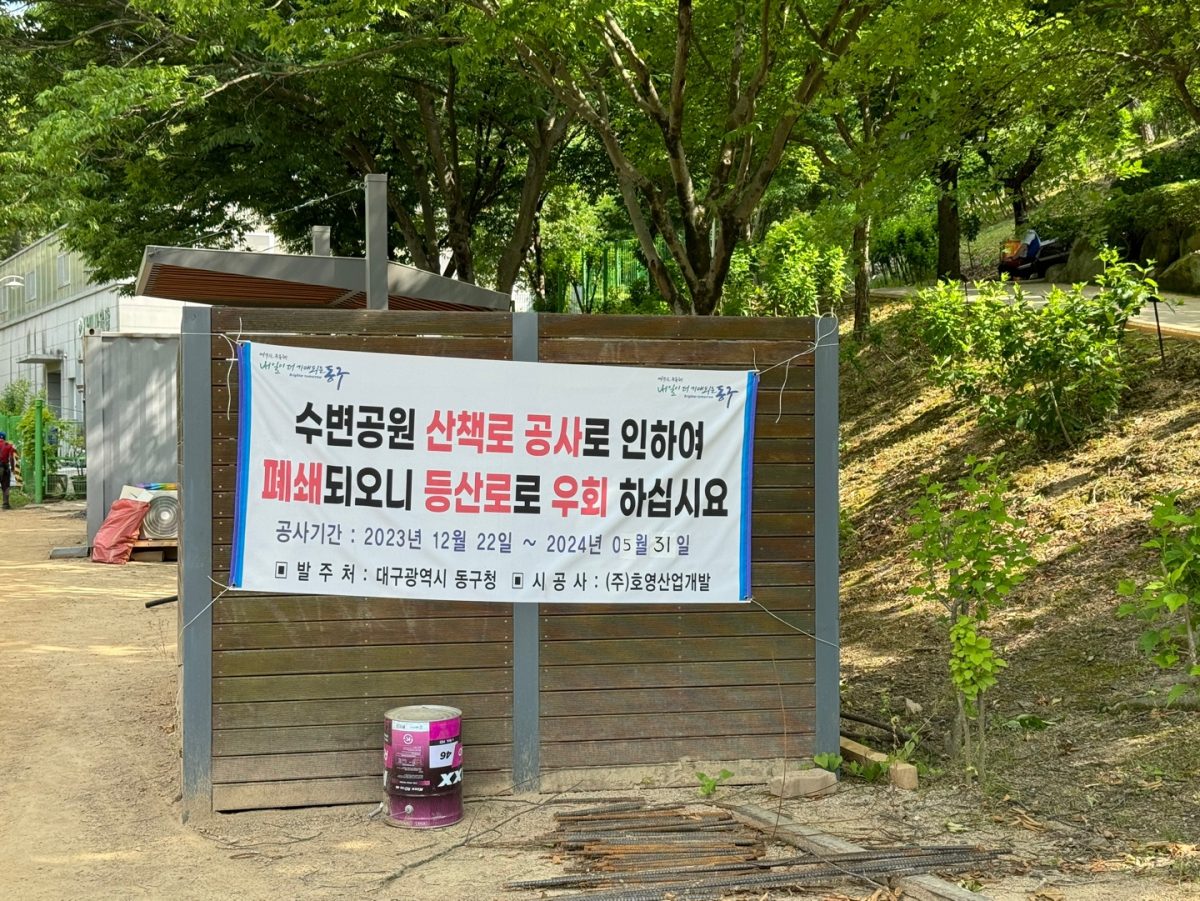





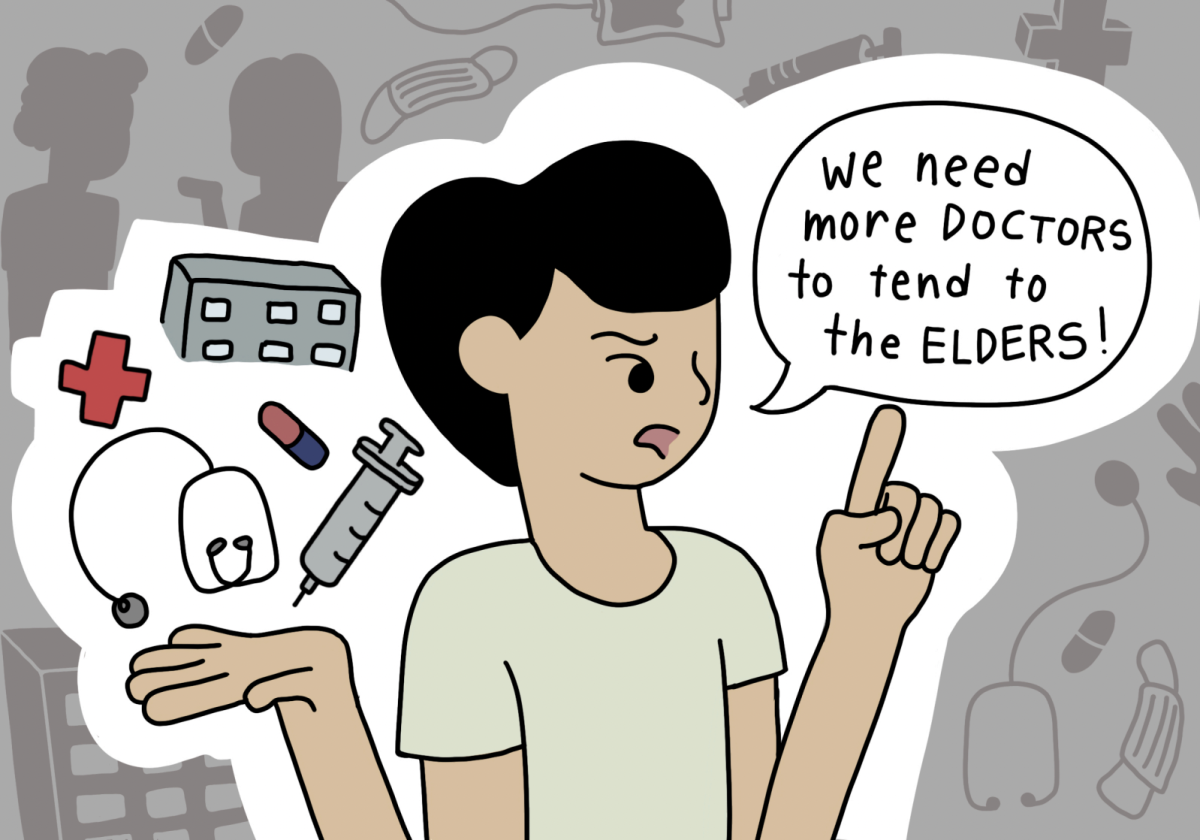

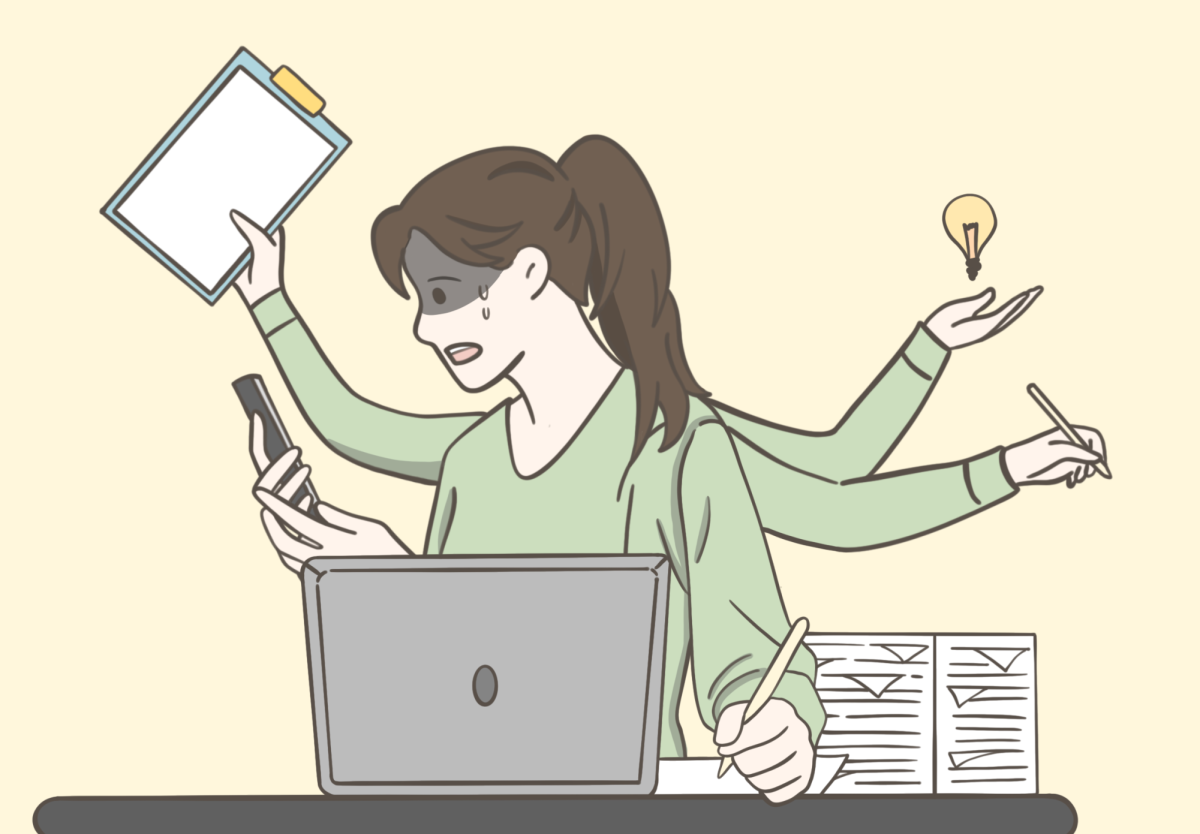

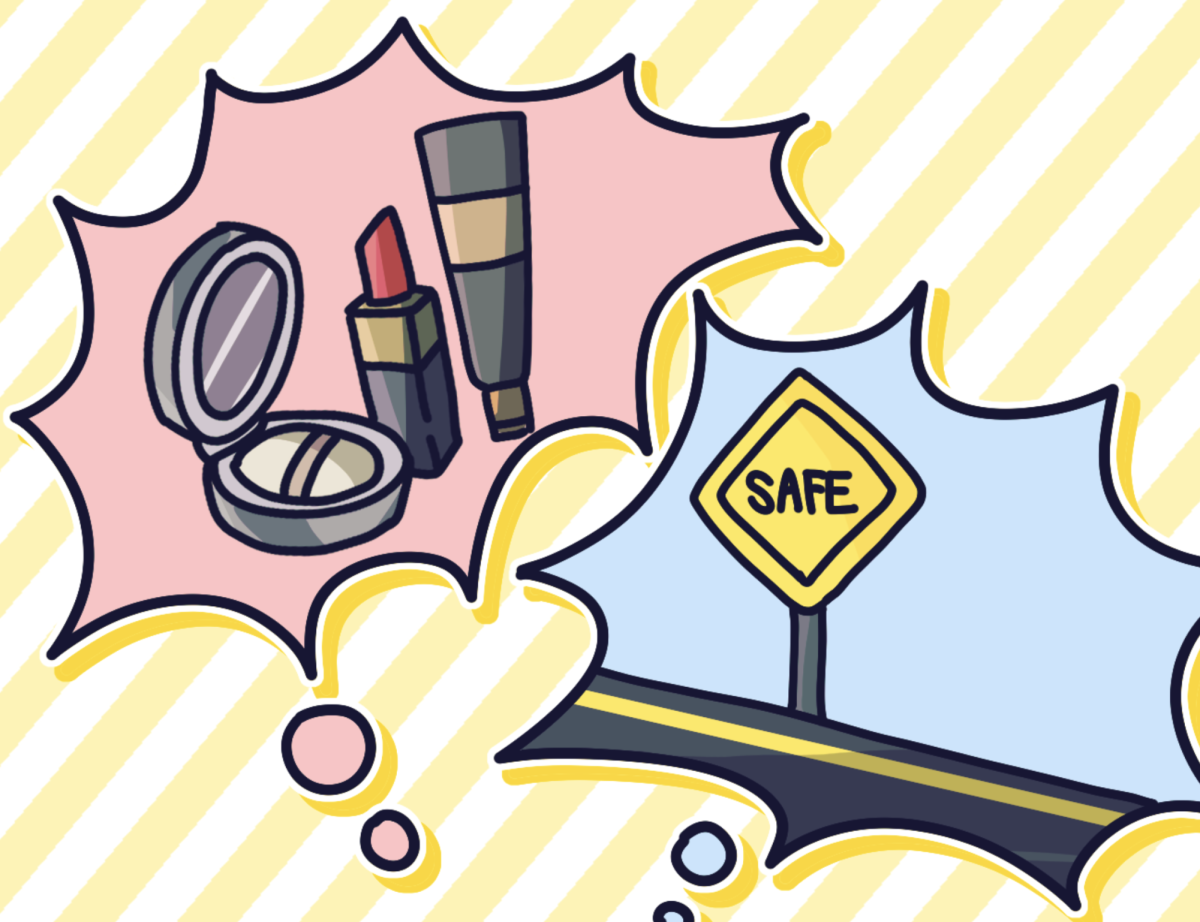









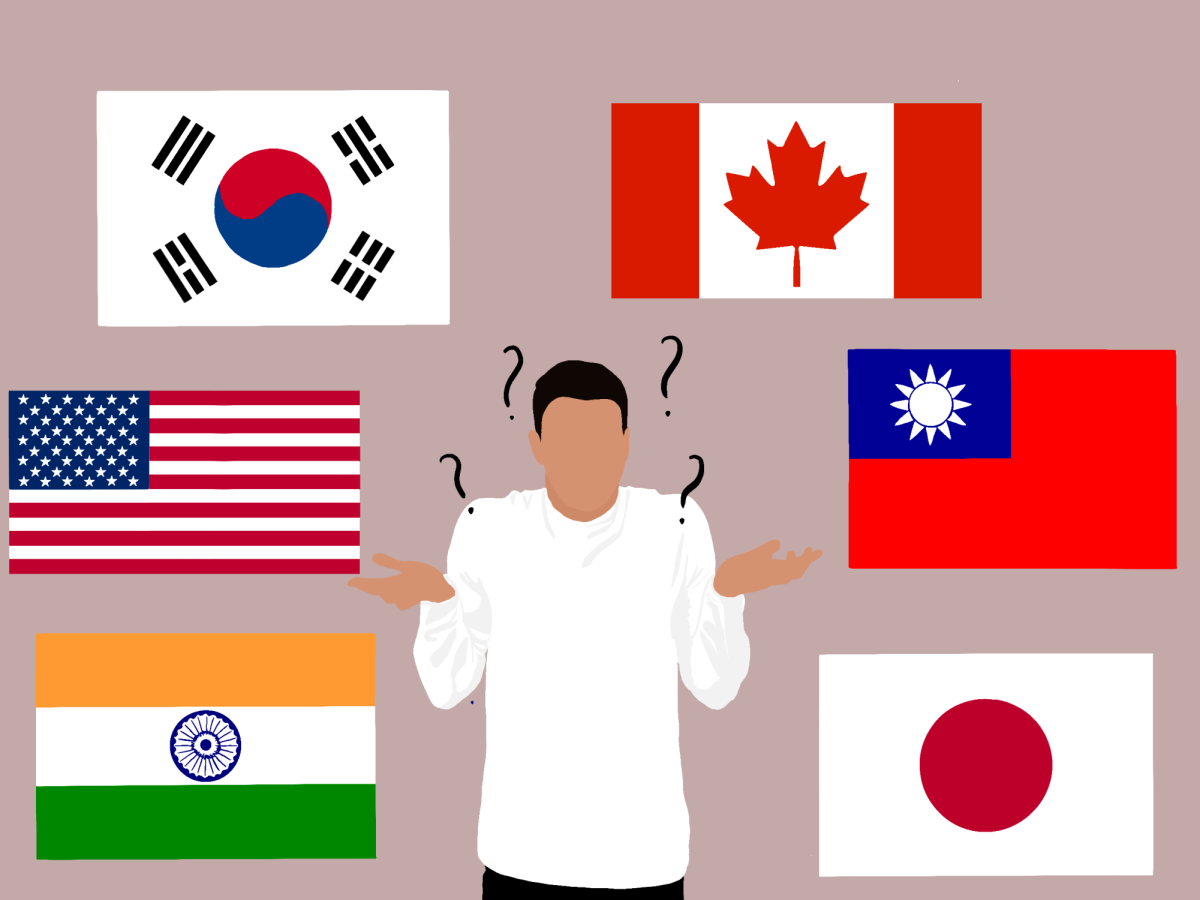
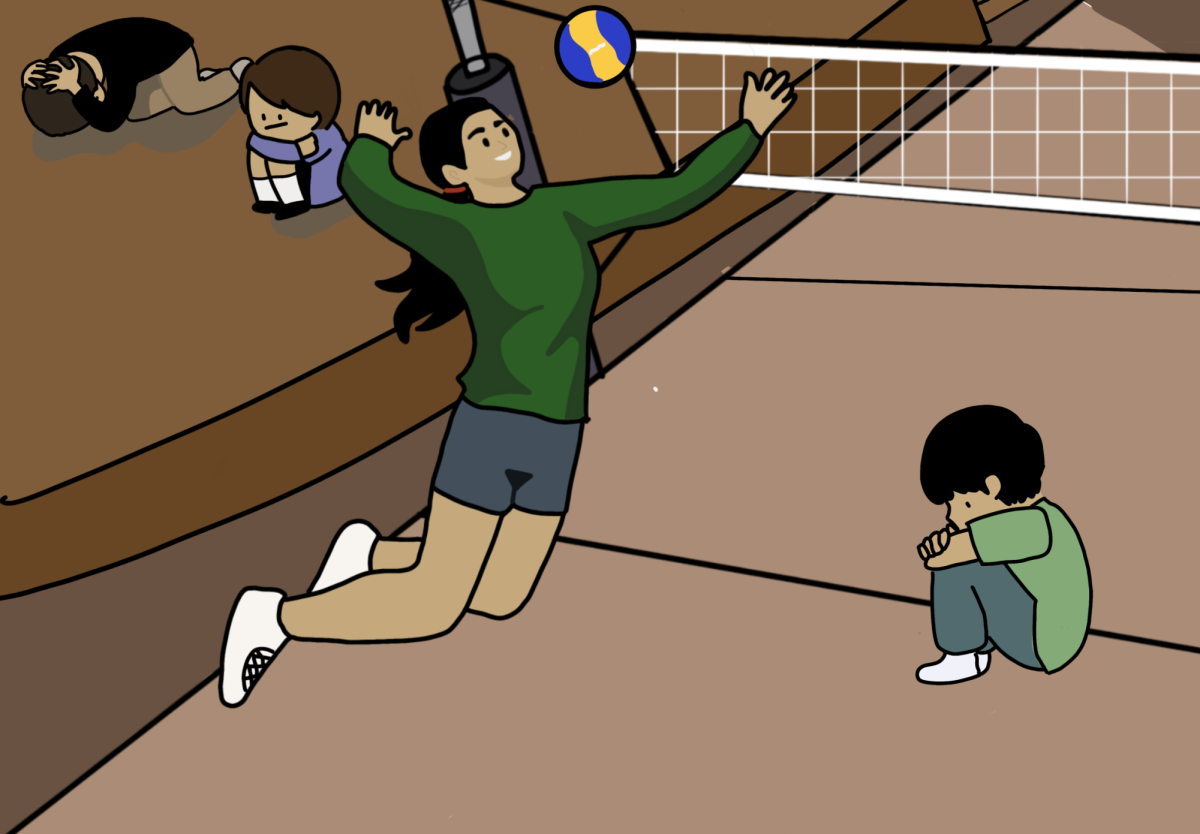
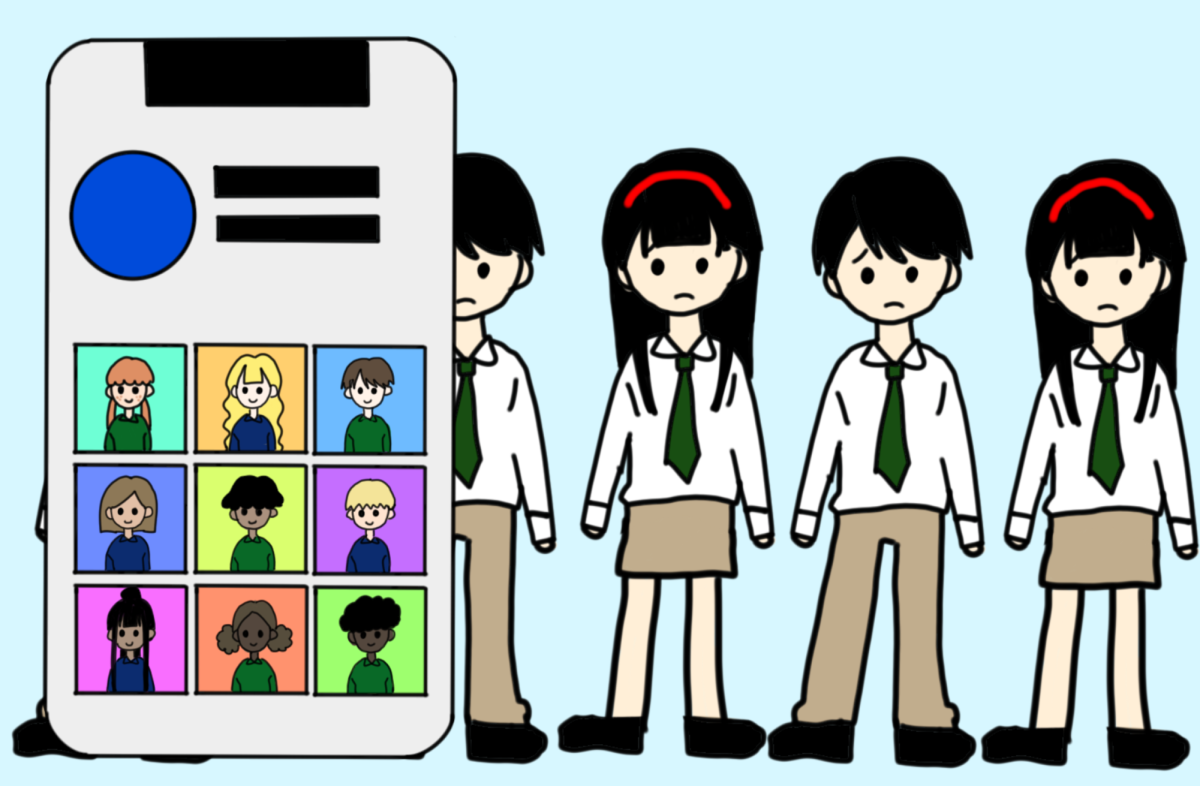
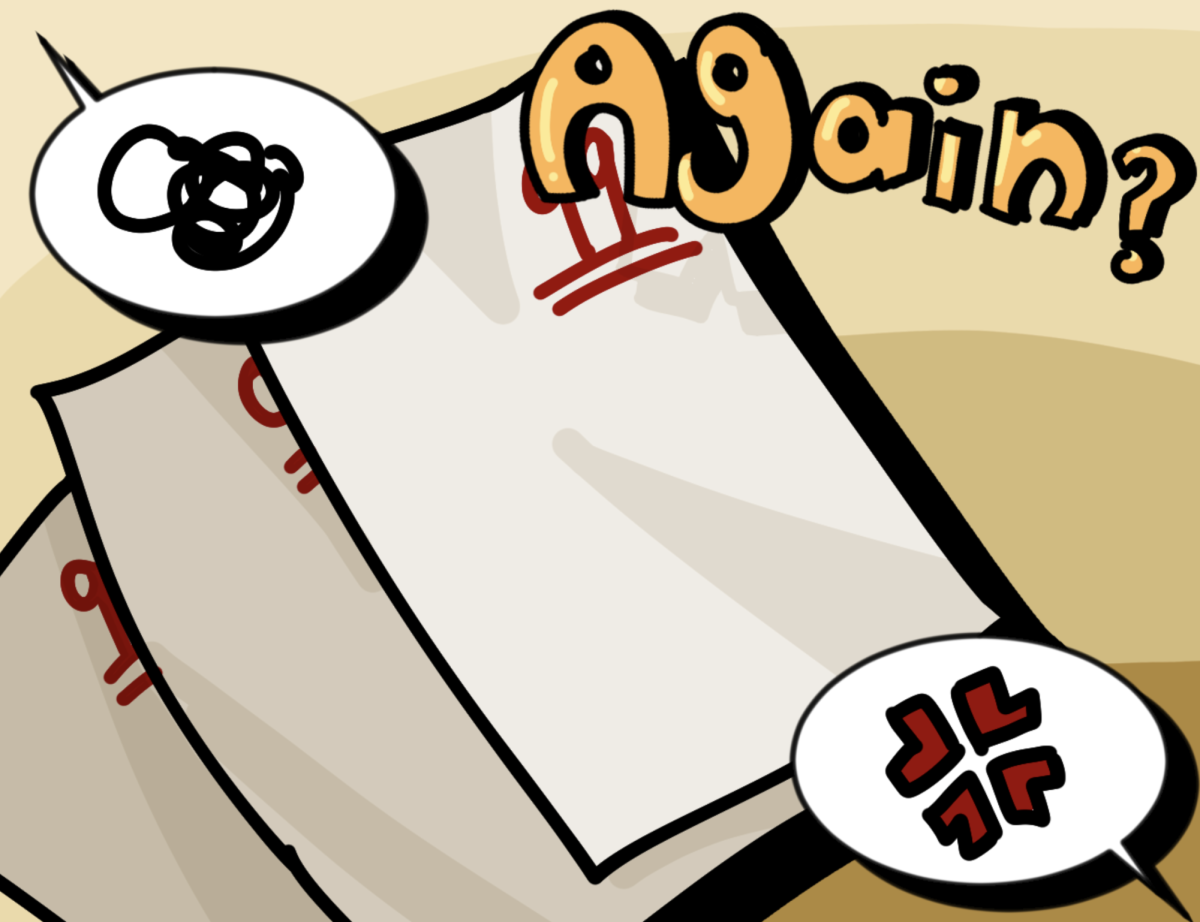











![[Podcast] Bet on Bonnie Episode 2: Sophie Lee](https://jetsflyover.com/wp-content/uploads/2024/05/jbspodcasts-1200x951.png)

![[Podcast] Jets Jukebox Episode 1: Bleachers, Self-Titled](https://jetsflyover.com/wp-content/uploads/2024/04/Jets-Jukebox-LOGO-1-1200x1200.png)
![[Podcast] Eco-Lution Episode 3: Freshmen explore alternatives to paper straws](https://jetsflyover.com/wp-content/uploads/2024/03/Ecolution_Podcast_Logo-1200x1200.png)






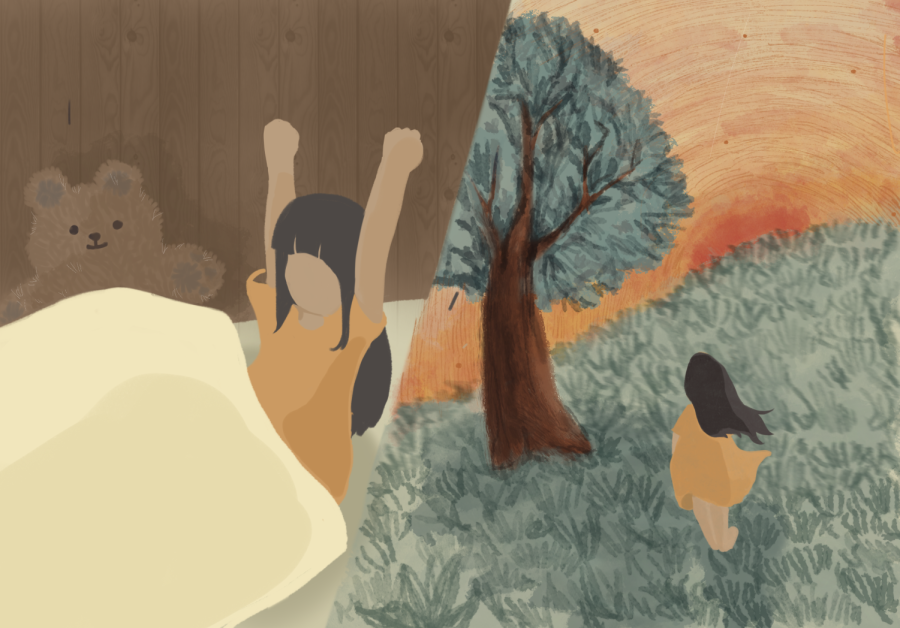


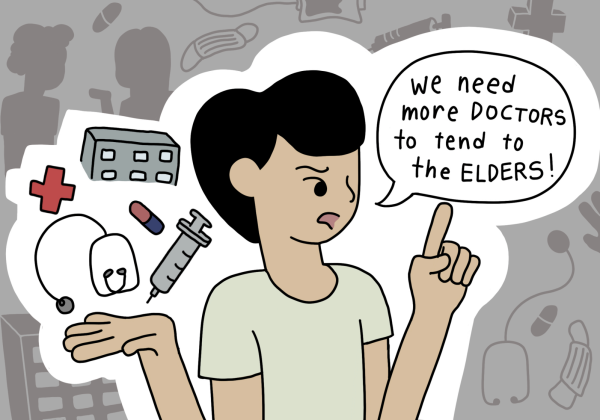

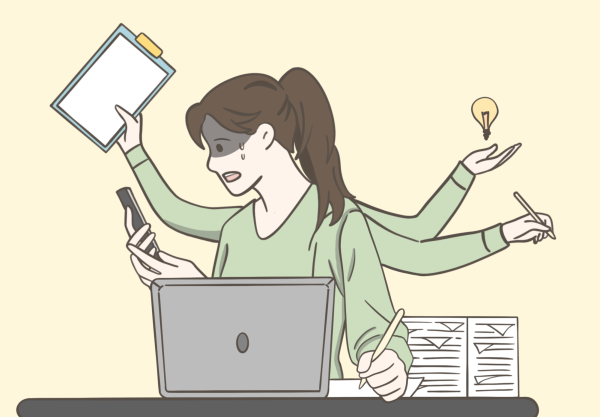

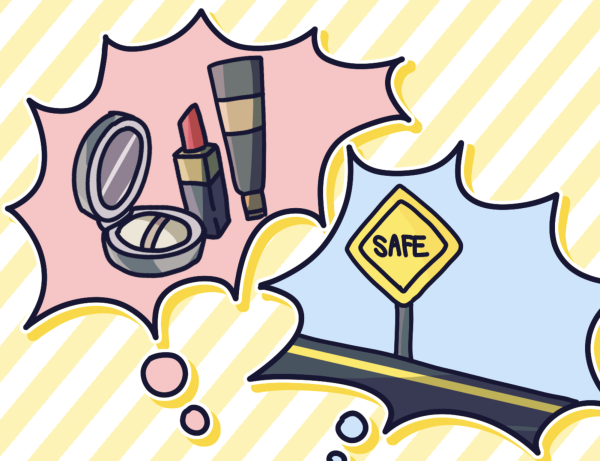

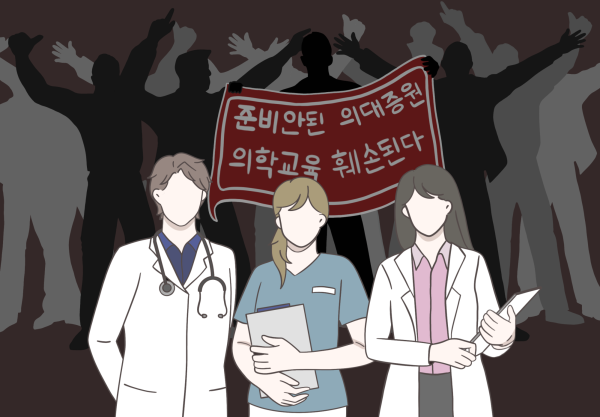
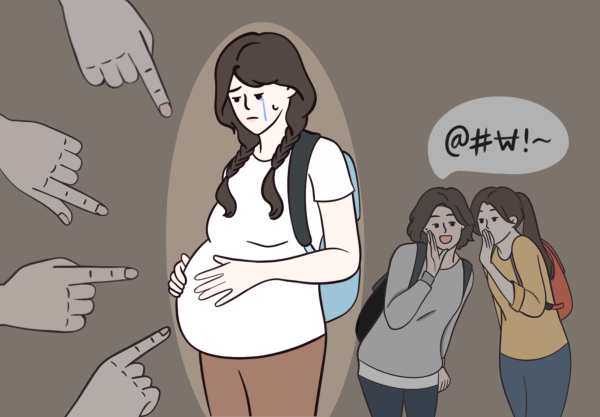

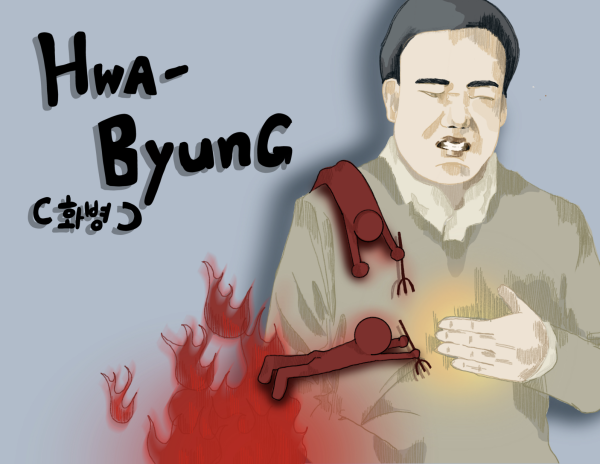




Justin • Mar 31, 2022 at 7:33 pm
I used to do number 3 but I did it so much now I’m immune to it:) Now I do number 2. Always works!
Somebody • Mar 31, 2022 at 7:32 pm
Be careful with tip number 3! It can make your face dry.